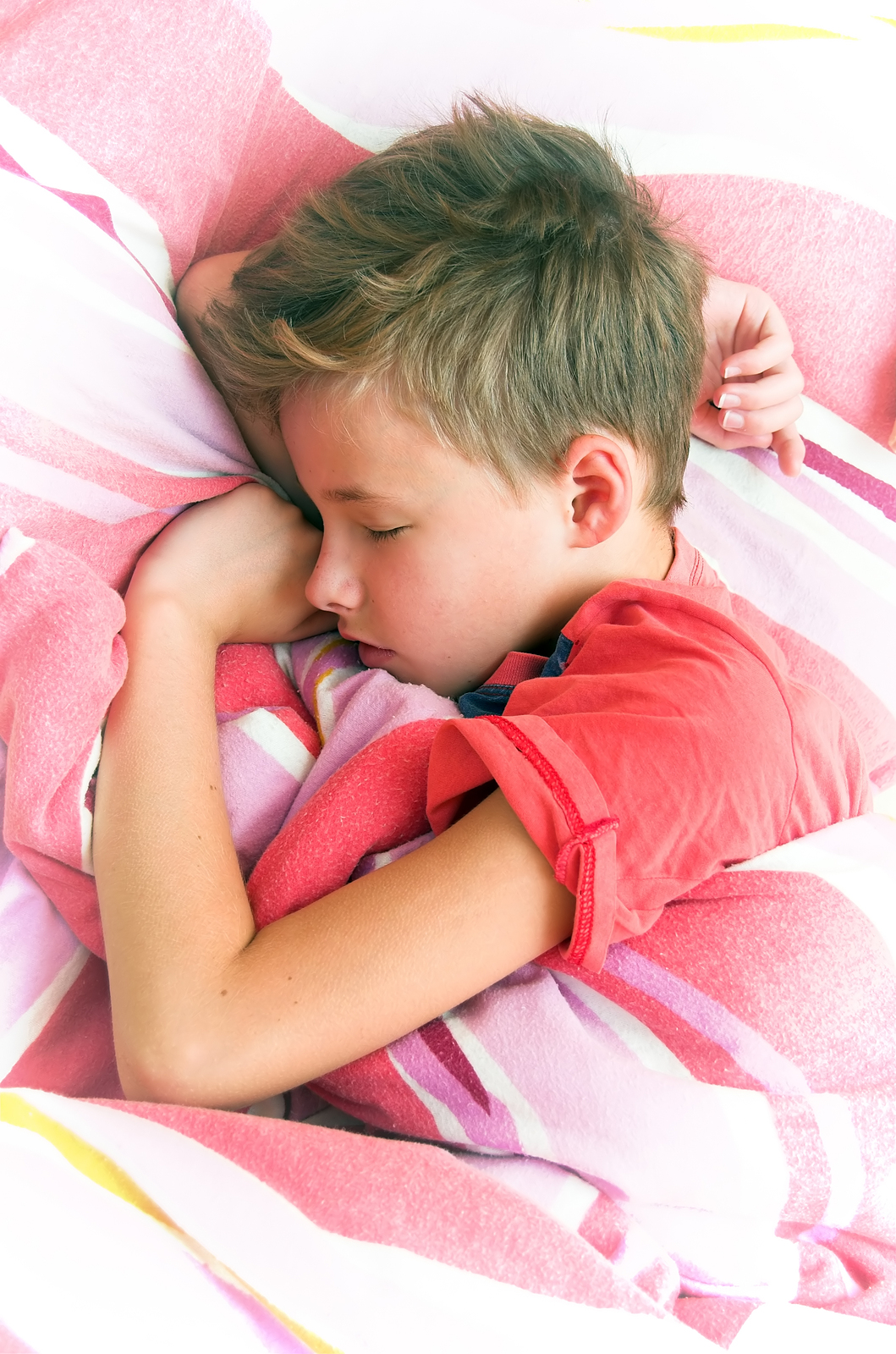Bedwetting is fairly common in young children and is usually just a sign of immature bladder control. However, when bedwetting continues beyond the age of 6 or 7, it’s a sign that something else is going on.
A number of physical conditions can cause bedwetting, including diabetes, urinary tract infections, or a problem with the urinary tract itself. But did you know that bedwetting can be a sign of sleep apnea and TMJ, too?
Bedwetting and Sleep Apnea in Children
Sleep apnea is most common in middle-aged men, but anyone of any age can suffer from it, even young children. Sleep apnea is a sleep breathing disorder that disturbs healthy sleep.
One of the many common consequences of sleep apnea is the disruption of hormones during the night, including antidiuretic hormone (ADH). ADH prevents fluid from filling the bladder during the night, meaning it’s possible to sleep through the night without the need to empty the bladder. When ADH production is disrupted, the bladder fills as usual. In adults, this typically triggers a nighttime visit to the bathroom. In children, it can lead to bedwetting.
Bedwetting and TMJ Disorder in Children
Temporomandibular joint disorder (TMJ disorder, or TMD) is a problem with the jaw joint and is closely associated with obstructive sleep apnea. This may be because when breathing is hampered during sleep, the body senses inadequate oxygen and tries to open the airway by having the jaw shift front and back or side to side. This grinding of the teeth puts a strain on the jaw joint, which can lead to TMD over time. While the OSA is the direct cause of the bedwetting (via disruption of ADH), TMD may be another clue to what’s going on with your child.
Why is the airway obstructed in the first place? The soft tissues in the mouth like the palate and tongue relax during sleep and fall back, or nasal obstruction from allergies, enlarged tonsils, or a deviated septum are just a few possible reasons for an obstructed airway.
What to Do
Bedwetting past the age of 6 or 7 is a clear sign that something isn’t right, so it’s best to address it as soon as possible. If you’re concerned that your child is still wetting the bed, look out for these other signs of sleep apnea and TMD in children.
Sleep apnea:
• Snoring
• Daytime sleepiness
• Behavioral problems
• ADHD diagnosis
TMD:
• Clicking or grinding noises from the jaw joint
• Inability to open mouth all the way
• Reports of headaches, jaw pain, neck or shoulder pain, or earaches
In some cases, a dentist or orthodontist can help address these problems through braces or other appliances to improve the airway and help the jaw joint, ultimately putting a stop to bedwetting. It’s also smart to see your family doctor to look for underlying causes such as allergies or enlarged tonsils.
